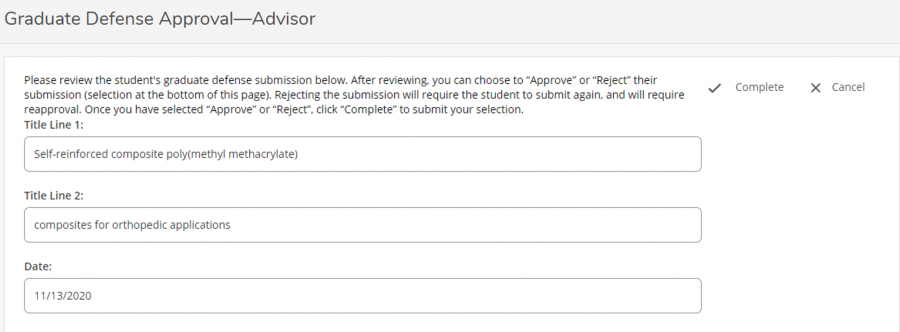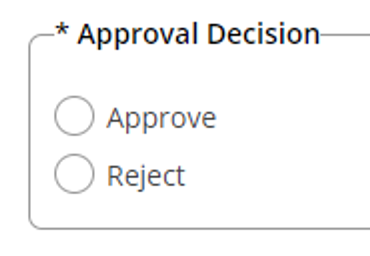Are you working on formatting corrections for your dissertation, thesis, or report? Do you need help? Join the Graduate School (gradschool@mtu.edu) for group work hours. These workshops are provided at no charge to students working on a dissertation, thesis, or report. Staff will able to help with the changes required by the Graduate School for these documents in MS Office. Assistance will also be available for converting documents to PDF from Word and how to make simple corrections and check your document in Adobe Acrobat. The workshops will be in rooms with PCs with University software, or you may bring your own laptop. Distance students may contact gradschool@mtu.edu about remote assistance during these times via web conferencing. If you need additional help outside of these times, please contact the Graduate School. On a limited basis, one-on-one assistance with a $30/hour fee may be available through the GS-CAP program. Please contact the Graduate School for more information.
All workshops will be held from 1-3pm on the following dates in Dillman 101 unless otherwise noted:
- Thursday, November 10, 2016
- Monday, November 14, 2016
- Thursday, November 17, 2016
- Monday, November 28, 2016 (NOTE: last day to submit for fall 2016)
- Thursday, December 8, 2016
- Wednesday, December 14, 2016 (NOTE: 11am – 2pm)


